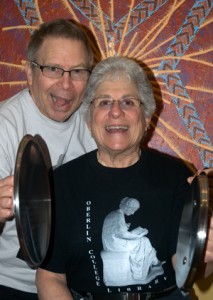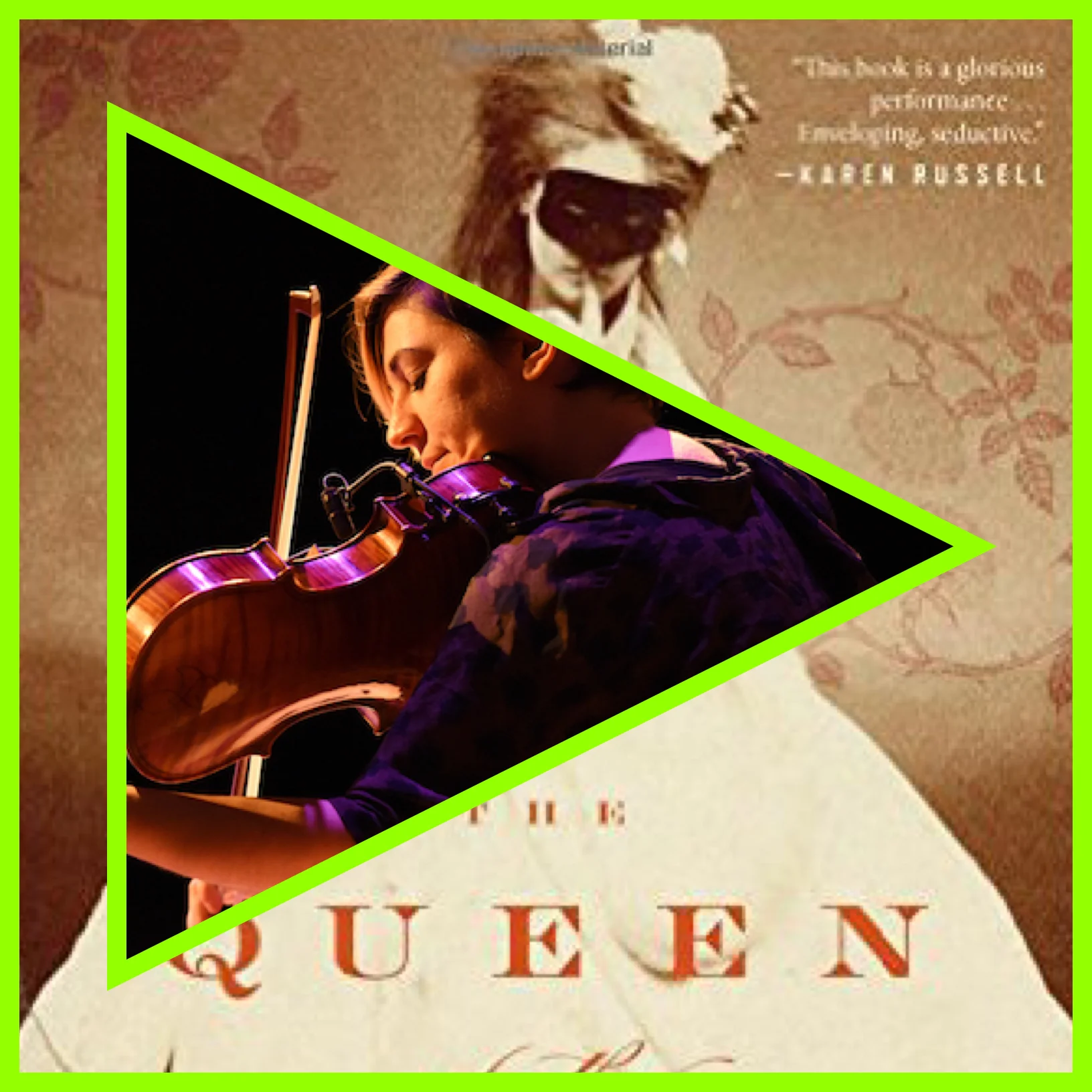By Guest Bloggers Arlene and Larry Dunn
 Well past the 10-year mark, we are engaged in the longest war in our nation’s history. We have spent at least $1.5 trillion dollars prosecuting war in Iraq and Afghanistan – much more if you count the full costs, such as the interest on the debt to borrow this money. Hundreds of thousands of soldiers have been deployed, many multiple times. Over 6,000 have died, and another 42,000 wounded. At least 132,000 Afghan and Iraqi civilians have died as well. And yet the large majority of American citizens are oblivious to the stark realities of these wars and only a very small percentage of us actually serves.
Well past the 10-year mark, we are engaged in the longest war in our nation’s history. We have spent at least $1.5 trillion dollars prosecuting war in Iraq and Afghanistan – much more if you count the full costs, such as the interest on the debt to borrow this money. Hundreds of thousands of soldiers have been deployed, many multiple times. Over 6,000 have died, and another 42,000 wounded. At least 132,000 Afghan and Iraqi civilians have died as well. And yet the large majority of American citizens are oblivious to the stark realities of these wars and only a very small percentage of us actually serves.
On May 23 and 24 in Chicago, Spektral Quartet, in collaboration with High Concept Laboratories, presented Theatre of War. This artistic effort to raise the level of discourse about our wars was scheduled just days after the NATO Summit, where our leaders negotiated our future military commitments in Afghanistan. All ticket proceeds from the event were donated to the Vet Art Project (www.vetartproject.com) to support their vital mission.
Theatre of War was a disquieting evening in which artists from a variety of genres brought forth elements of our nation's wars in Iraq and Afghanistan to an awestruck audience. Music, film, poetry, and drama were presented without breaks and with a request to the audience to hold their applause until the end. We were reminded of the nightly TV News reports during the War in Vietnam which brought the horrors of war into our living rooms every evening. That war affected everyone. Young men of all backgrounds were drafted. Everyone knew someone in uniform or waiting for a call from the local draft board.
For us, the knockout punch of the evening was the combination of Richard Mosse’s film "Killcam" and George Crumb’s Vietnam-era string quartet "Black Angels." “Killcam” juxtaposes two settings. Injured soldiers recuperating at Walter Reed Hospital are enthusiastically playing a video war game, with images that look eerily like combat locations in Iraq. Interspersed are scenes from actual Iraq war footage (via LiveLeaks). Men and vehicles are blown up by missiles delivered via remote control. The targeting crosshair images in these clips are nearly identical to the crosshairs in the video game being played at the hospital. But these are real people getting blown up by real explosives and really dying. Frightening enough just to look at, it is even more disturbing that these deaths were caused by antiseptic remote control.
Shortly after ”Killcam,” Spektral Quartet performed “Black Angels,” the original raison d’etre for Theatre of War. In this extraordinary piece for amplified string quartet, the musicians are challenged far beyond the standard bowing and plucking techniques. They used a panoply of accoutrements from thimbles, small bells, and glass rods, to tuned wine glasses of various sizes. At times they also chanted number sequences in several languages, in loud bursts or almost at a whisper. Crumb wrote this piece about the Vietnam War. The opening, THRENODY I: Night of the Electric Insects, was startling and terrifying, thrusting us into the jungle theater of that war. Quiet interludes were suddenly disrupted by shrieks of sound, like a surprise attack by guerrilla fighters. Death is ultimately portrayed in near silence; the stunned audience was held in it’s thrall. It is hard for us to imagine a more deeply committed performance of “Black Angels.”
The other most moving piece of the evening was “Blackbird,” a short story by Virginia Konchan, adapted for the stage by High Concept Laboratories Artistic Director Molly Feingold. Mitch Spalding, a soldier struggling with post-traumatic stress, is about to be redeployed. He finagles the Army for access to psychiatric counseling before he departs. But he finds no healing in it. Dustin Valenta, as Mitch, ably portrayed the anxiety plaguing soldiers overdosed on combat. He personified the human cost of serving in today’s military. Jeremy Clark, as the psychiatrist, maintained a cool, detached demeanor. He repeatedly stated “Good,” as Mitch reeled off examples of how bad things are, callously invalidating Mitch’s every emotion. ”Blackbird” powerfully illustrated the disconnect, not just between the soldiers and the general public, but also between those who serve and the people assigned to help them bear that burden.
The evening’s other components -- pianist Lisa Kaplan’s nerve-jangling performance of Drew Baker’s “Stress Position,” two additional Mosse films, and readings of poems by Wislawa Szymborska -- each contributed meaningfully to making Theatre of War a momentous achievement. We commend Spektral Quartet and their artistic partners for their boldness in holding these troubling realities up to the light for the audience to confront. So where does that leave us?
No matter where one stands on the rightness or wrongness of our continuing military actions, we are going about this in an irresponsible way that is not healthy for our society. We owe it to our “Mitches” that we fully understand what we are asking them to do in our names, whether they are shrugging into a kevlar suit for face-to-face combat in Afghanistan or sitting down at a remote control drone command center in a bunker in South Dakota. And we owe it to ourselves to demand from our elected officials that decisions about committing the lives of our soldiers and our treasury to war-making must be vigorously debated in the public square.
As to where we ourselves stand, we are deeply troubled. If we are going to war, we believe we should pay for it, and we do not mean by deluding ourselves that we can tax-cut our way to growth to cover the costs. We have to stop abusing our military families with endless deployments. We are driving them to despair. We hear people say: “They volunteered to serve; they knew what they were getting into.” That is simply unacceptable, self-delusional crap. We worry that the military actions we are taking are doing as much to prolong our problems with terrorism as they are to stop them. As we write this article, we are learning in the New York Times (http://www.nytimes.com/2012/05/29/world/obamas-leadership-in-war-on-al-qaeda.html?ref=opinion) that our President is directly involved in the decisions about who will get death-by-drone rained down upon them. On the one hand, we are heartened that at least he is taking personal responsibility. But we find the whole secret drone strike campaign legally dubious and morally suspect. And if nothing else, it is hard to imagine a more effective terrorist recruiting tool.
We are grateful to Spektral Quartet for helping our community to confront these difficult issues. We fervently hope this leads to more serious public discourse about our ongoing commitments.
Arlene and Larry Dunn are avid fans of a wide range of contemporary arts and music endeavors as well as life-long social activists. They are frequent contributors of “audience perspective” blog postings for ICE, the International Contemporary Ensemble. They live in rural LaPorte County, Indiana. Follow them on Twitter: @ICEfansArleneLD









